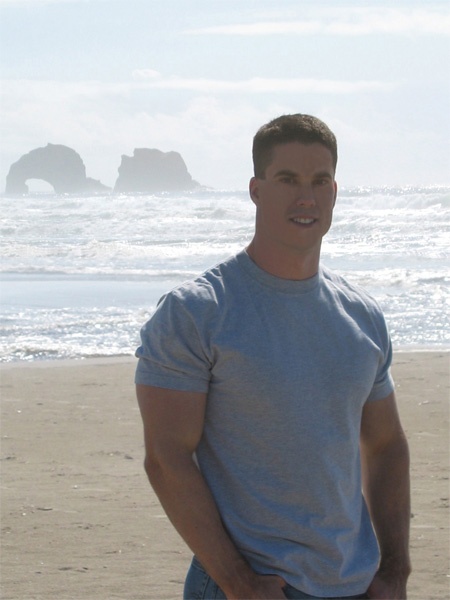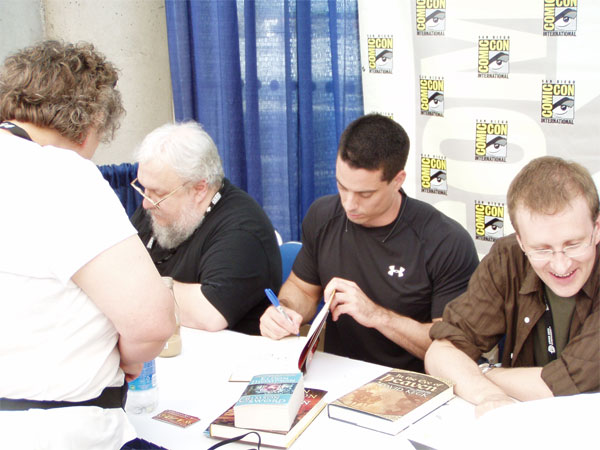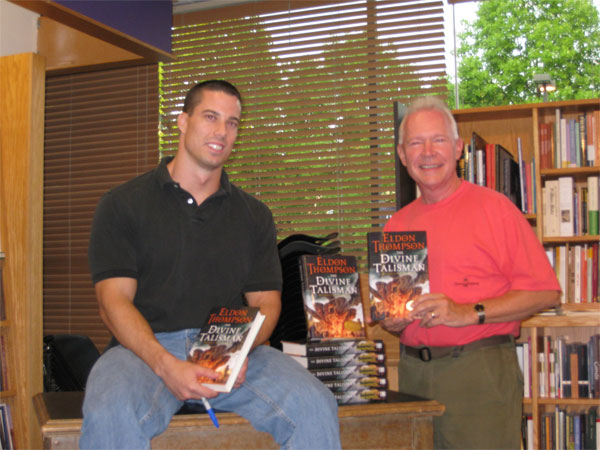Weaned on the likes of The Lord of the Rings and Star Wars, Eldon took to writing fantasy adventure, it seems, almost as soon as he learned to read. By the time he hit grade school, he was writing 30-page stories in lieu of the two or three pages expected of all students on a monthly basis. When at age nine he read Terry Brooks’s The Elfstones of Shannara, his goal of becoming a fantasy novelist went from child’s ambition to hopeless obsession.
Yet writing was to be a hobby. Even his parents stressed the importance of a “safe” career path. So when the time came, Eldon accepted a scholarship and went off to college, where among his English, writing, and mythology courses, he studied computers, the health sciences, and worked hard to play football. What he really wanted to be was a quarterback. The NFL off-season, he thought, was long enough in which to write books.
However, after knee surgery, a dislocated throwing shoulder (literally dozens of times), and years of daily chiropractic care, he found himself on the outside looking in. Upon graduation from college, he finally accepted that his chances of entering dental school were far greater than those of ever being invited to an NFL combine.
Only, he didn’t really want to do that, either. Other than play football, the only thing he’d ever really wanted to do was write—and he had several thousand pages of unpublished work to prove it. Still, it was unpublished for a reason. He hadn’t tried, but he had no doubt as to what the result would have been if he had.





